INTRO
Do you find yourself disgusted by the bitter taste of your tea? Do you wonder why it tastes off even when you follow the brewing instructions to a tee? Well, you’re not alone. Bitterness is one of the most common complaints among tea drinkers.
In this blog, we’ll dive deep into the science behind bitterness in tea, including the chemical compounds responsible for it and the factors that contribute to it. We’ll also help you identify bitterness in your tea by describing taste and aroma descriptors.
Moreover, we’ll cover various reasons why your tea might be tasting bitter and how to fix it using proper brewing techniques. Lastly, we’ll discuss other common tea taste issues like sourness, astringency, and sweetness, along with references and further reading to understand this complex topic better.
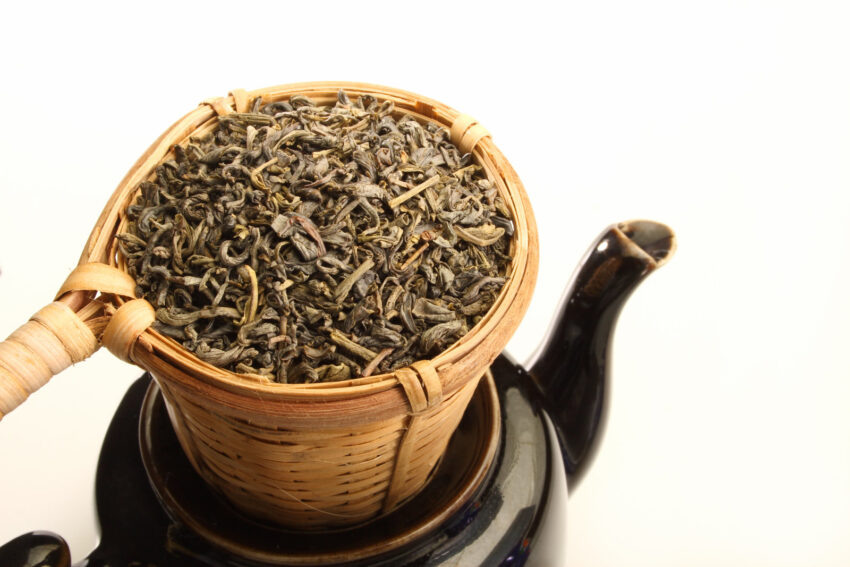
Understanding Bitterness in Tea
Bitterness in tea is a common issue that can stem from a variety of factors. From over-brewing or using too many tea leaves to the natural bitterness of certain types of tea, there are several reasons why your brew might taste off.
However, adjusting brewing parameters such as water temperature and steeping time can help reduce bitterness in your tea, allowing you to enjoy its unique flavor and health benefits without the unpleasant aftertaste. Additionally, adding sweeteners or milk to your tea can help balance out the bitterness and provide a more enjoyable drinking experience.
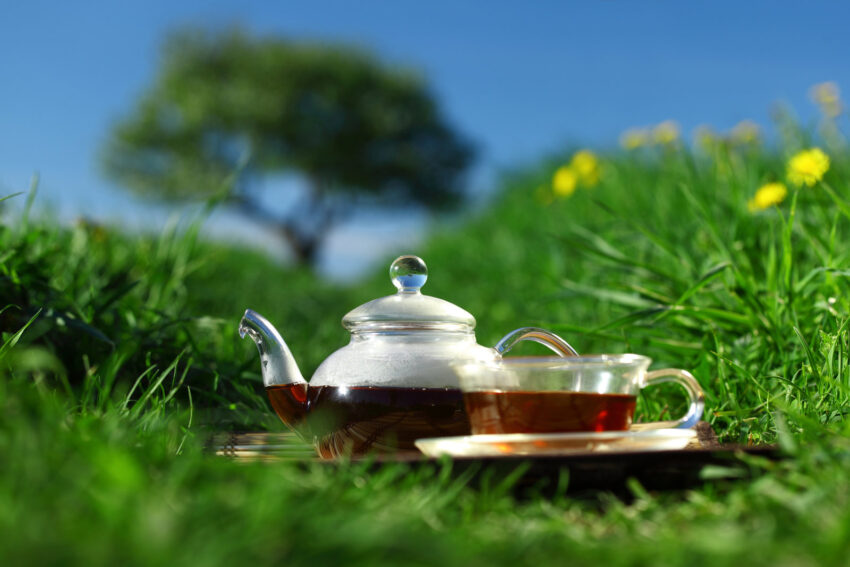
Chemical Compounds responsible for bitterness
Bitterness in tea can be attributed to various chemical compounds, including catechins and tannins. Catechins are natural antioxidants found in tea that contribute to its health benefits but can also add bitterness to the taste. Tannins, on the other hand, are astringent compounds that provide tea with its characteristic dry mouthfeel and can also add to the bitter taste.
The levels of these compounds in your tea can be influenced by factors such as water temperature, steeping time, and the quality of tea leaves used. Understanding how these chemical compounds affect the taste of your tea can help you adjust your brewing methods accordingly and achieve a smoother, less bitter cup of tea.
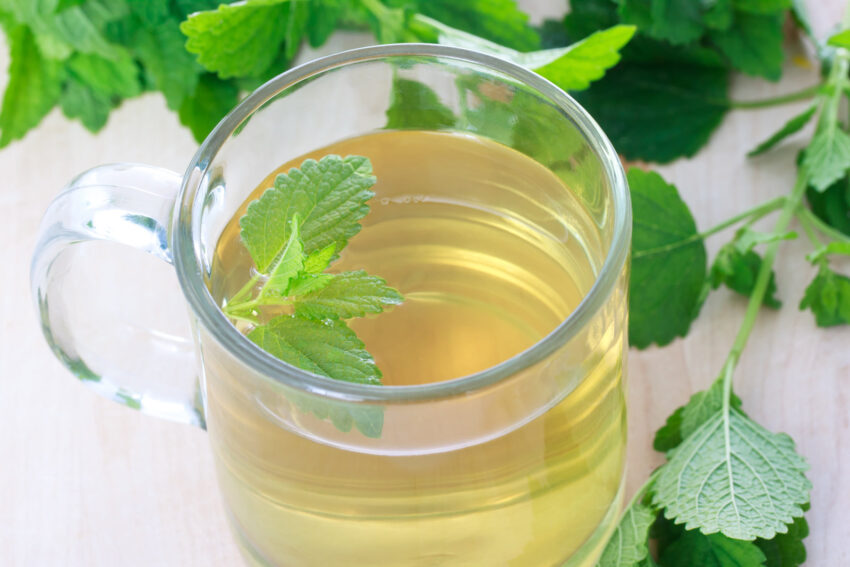
Factors contributing to bitterness
When it comes to brewing a perfect cup of tea, several factors can contribute to the bitterness of your beverage. One of the most common causes of bitter tea is over brewing or steeping for too long, which can lead to an excess of tannins and other compounds that cause bitterness. Additionally, using water that is too hot or too cold can also affect the taste of your tea, as can the quality and type of tea leaves used.
To reduce bitterness in your tea, it’s important to pay attention to these factors and adjust your brewing methods accordingly. For example, steeping for a shorter amount of time or using cooler water can help reduce bitterness without sacrificing flavor. Similarly, choosing high-quality tea leaves from reputable sources can help ensure a smoother, more enjoyable cup of tea overall. By being mindful of these contributing factors and taking steps to address them, you can minimize bitterness and enjoy all the delicious flavors and aromas that tea has to offer.
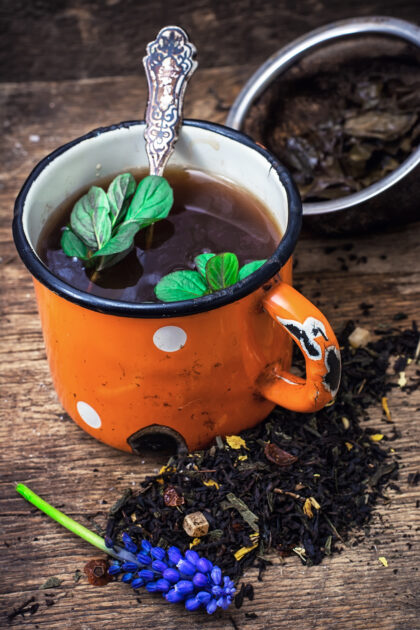
Identifying Bitterness in Tea
Identifying bitterness in tea can be challenging, especially for those new to the world of tea. However, it is crucial to recognize the signs of bitterness to prevent an unpleasant drinking experience. One common cause of bitterness is over-brewing, where the tea leaves are steeped for too long, causing excessive extraction of compounds such as tannins from the leaves.
Using poor-quality tea leaves or water that is too hot can also result in bitterness. Additionally, certain brewing vessel materials like plastic or aluminum can cause a metallic taste and affect the overall flavor of the tea. It’s essential to pay attention to these factors while brewing to ensure a smooth and enjoyable cup of tea every time.
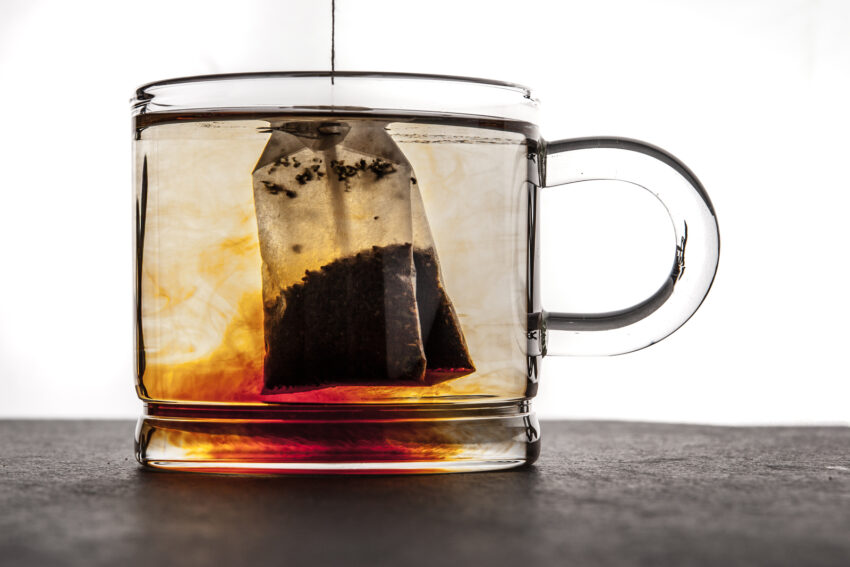
Taste descriptors for bitterness
Bitterness in tea is a common problem that tea drinkers often encounter. Taste descriptors for bitterness include harsh, astringent, and medicinal flavors. The source of bitterness can be influenced by a variety of factors, including over-steeping or using water that is too hot. In addition, the type of tea leaves used and their processing methods can also affect the level of bitterness.
However, tea lovers need not despair as there are measures they can take to counterbalance the bitterness. For instance, adding sweeteners like honey or milk to the brew can help balance out the flavor. Furthermore, experimenting with different brewing techniques and types of tea can help minimize bitterness and maximize enjoyment.
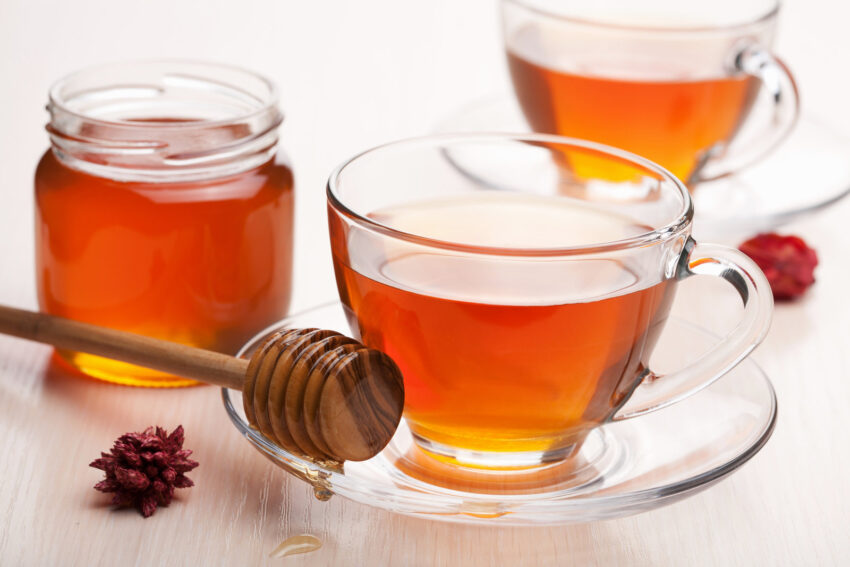
Aroma descriptors for bitterness
When it comes to tea, bitterness can be a common complaint among drinkers. Aroma descriptors are often used to describe the different types of bitter tastes that can be present in a cup of tea. Vegetal bitterness, which is typically found in green teas, can taste like cooked vegetables.
Astringent bitterness is more commonly found in black teas and is described as a dry or puckering sensation in the mouth. Medicinal bitterness can indicate low-quality leaves or improper brewing methods and is best avoided altogether.
Overall, understanding aroma descriptors for bitterness can help tea drinkers identify the cause of their bitter brew and take steps to prevent it from happening again.
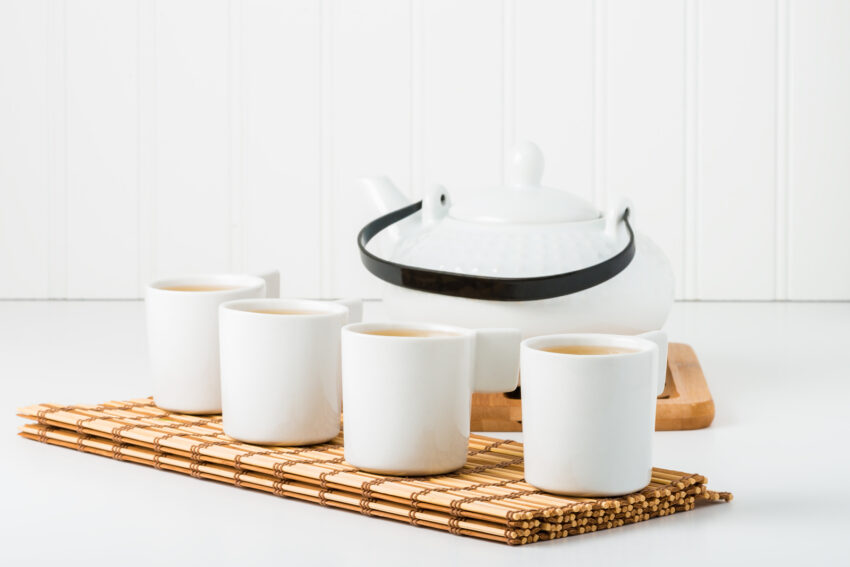
Reasons why your Tea tastes Bitter
Have you ever brewed a cup of tea that left a bitter taste in your mouth? There are several reasons why this might happen. One common culprit is over steeping. When tea leaves are left in hot water for too long, tannins are released which can cause a bitter taste.
Another factor could be lower-quality water. Hard or chlorinated water can negatively impact the flavor of tea, leading to bitterness. In addition, using low-quality tea leaves, brewing at an incorrect temperature, or storing tea improperly can also result in a bitter taste. By identifying the cause of bitterness in your tea, you can take steps to ensure a more enjoyable cup every time.
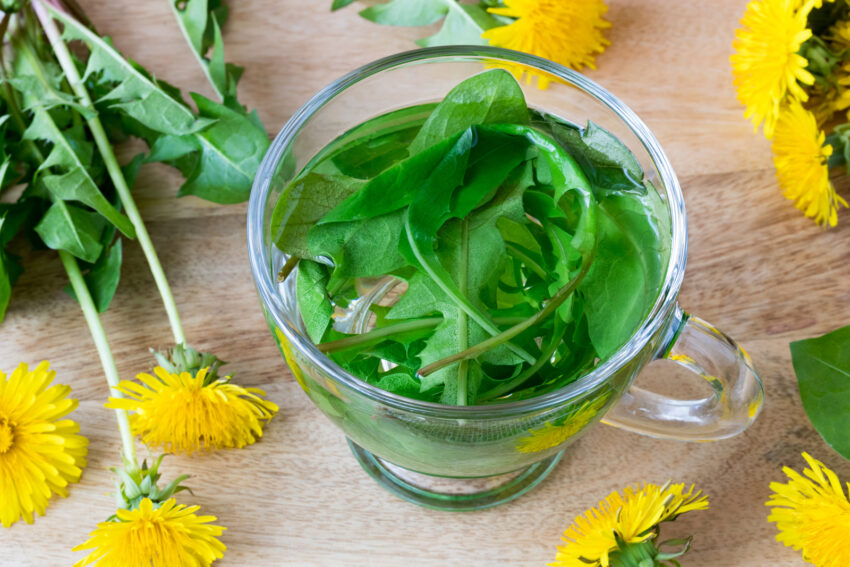
Over brewing your tea
Maintaining an optimal infusion time is crucial for brewing a perfect cup of tea as over-brewing can lead to bitterness. If you steep the leaves for too long, the tannins are released and overpower the other flavors, resulting in an unpleasant taste.
To prevent over brewing, use a timer and steep your tea for the recommended time based on the type of tea you’re brewing. Green teas should be steeped for 2-3 minutes, black teas for 3-5 minutes, and herbal teas for 5-7 minutes.
However, if you accidentally over brew your tea, try diluting it with hot water or adding a small amount of sweetener to balance out the bitterness. Remember to always follow the recommended infusion time to get a perfectly brewed cup of tea.
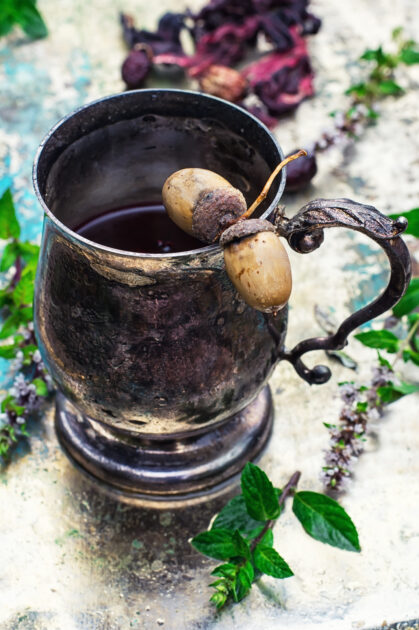
Using water that is too hot
Tea lovers know that the perfect cup of hot brew tea is a delicate balance between flavor and aroma. However, using water that is too hot can quickly turn your brew from delicious to bitter. When water is too hot, it can burn the tea leaves and release astringent compounds that create a puckering sensation in the mouth.
To avoid this, it’s important to use the right temperature for your type of tea. Green tea leaves, for example, should be brewed at lower temperatures than black tea. Investing in a thermometer or an electric kettle with temperature control can help you achieve the perfect brewing temperature every time. If you don’t have a thermometer, let your boiling water sit for a few minutes before pouring it over your tea leaves to reduce the risk of bitterness.
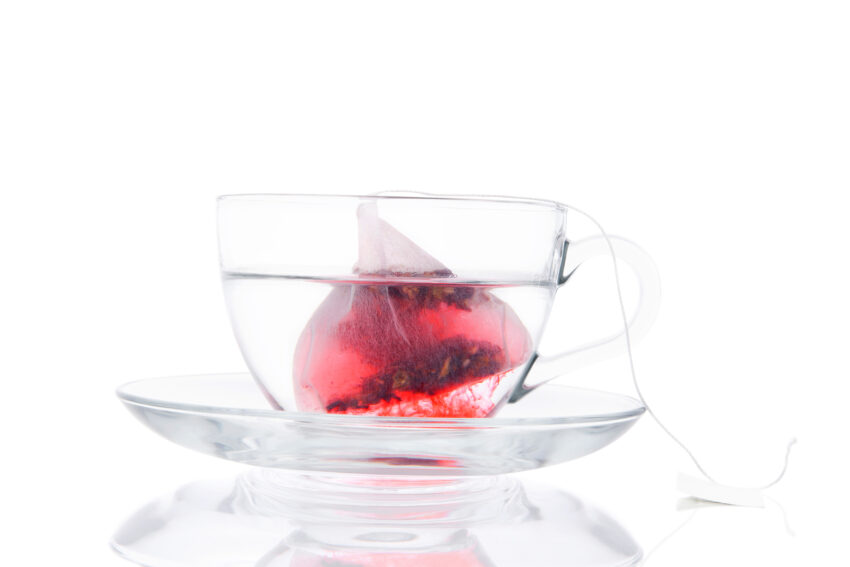
Using too many tea leaves
Achieving the perfect balance of tea leaves can be tricky, as using too much can result in a bitter taste. It’s important to follow the recommended amount of tea leaves for your specific type of tea, which can vary depending on personal preference.
Over-steeping your tea can also lead to bitterness, so be sure to pay attention to the recommended steeping time. Additionally, using water that is too hot can extract bitter compounds from the tea leaves, so it’s crucial to use the appropriate temperature range for your tea. Lower-quality tea leaves may also contribute to a more bitter taste, so consider investing in higher-quality leaves for a better-tasting cup of tea.
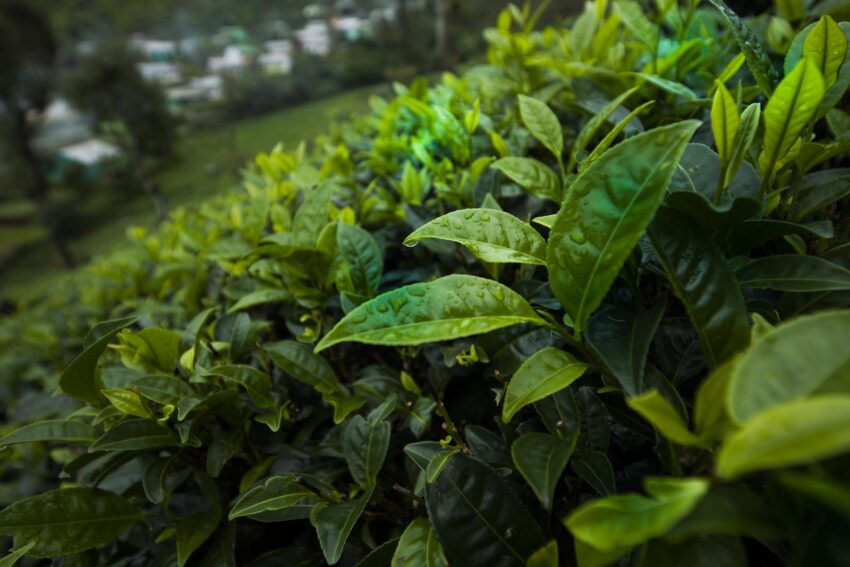
Quality of tea leaves used
Good quality tea leaves are crucial in determining the taste and flavor of your brew. Using lower-quality tea leaves can result in a bitter and unpleasant taste due to their higher tannin content. It’s important to invest in high-quality tea leaves that are fresh and have been properly stored to ensure a satisfying tea experience.
Older tea leaves can also produce bitterness, as they lose their freshness and flavor over time. Even if you follow all the correct brewing techniques, using old or low-quality tea leaves will ultimately result in a disappointing cup of tea. So, always choose your tea leaves wisely to enjoy the true essence of your brew.
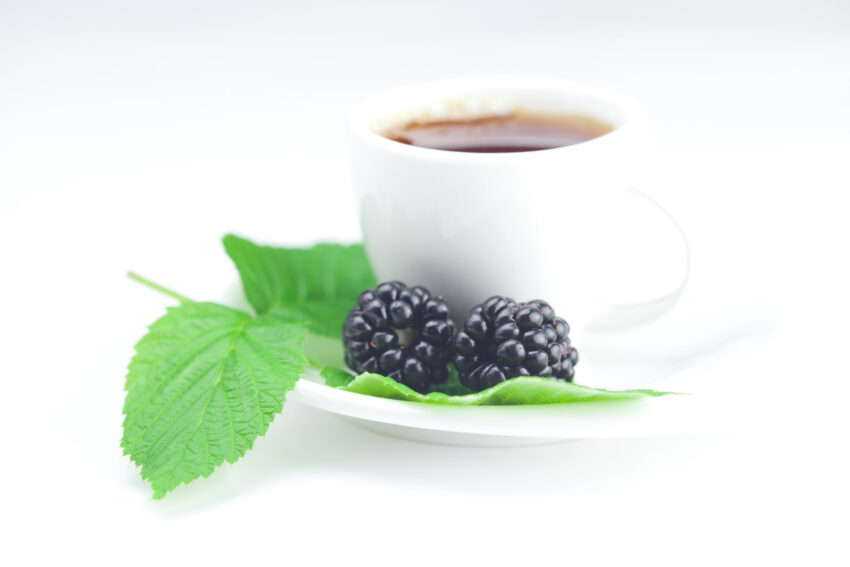
How to Fix Bitter Tea
Fixing bitter tea can be a challenging task, but there are several ways to improve the taste of your brew. One of the most common reasons for bitterness is over steeping your tea or using water that is too hot. To avoid this, try steeping for a shorter amount of time or using cooler water around 175-185°F.
Another important factor to consider is the quality of your tea leaves, as lower-quality leaves may have a more bitter taste due to higher tannin content. By investing in high-quality loose-leaf tea and properly storing it, you can maintain optimal flavor and prevent bitterness. Additionally, adding milk or sweetener can help balance out bitter flavors in some teas. With these tips, you’ll be able to enjoy a perfectly brewed cup of tea without any unwanted bitterness.
Adjusting infusion time and temperature
To avoid bitter tea, it’s essential to adjust the infusion time and temperature. Steeping for too long or using water that is too hot can cause your tea to become unpleasantly bitter. It’s important to follow the brewing guidelines specific to your type of tea, as different teas require different temperatures and steeping times.
For example, green tea should be brewed at a lower temperature for a shorter amount of time compared to black tea. Using fresh, high-quality tea leaves can also help prevent bitterness and ensure a better flavor. So, next time you brew your favorite cup of tea, pay attention to the infusion time and temperature to avoid any bitter taste.
Water quality and type
The quality and type of water used to brew tea can greatly affect its taste. Hard water with high mineral content can create a bitter taste in tea while using filtered or distilled water can greatly improve the flavor.
Additionally, the temperature of the water is an important factor to consider. Boiling water can burn the tea leaves and make the tea taste bitter. Experimenting with different types of water and temperatures can help you find the perfect balance for your ideal cup of tea. By paying attention to these factors, you can ensure that your tea tastes just right every time. Trying spring water might help.
Re-brewing techniques
When it comes to bitter tea, you don’t always have to throw it away and make a fresh cup. Re-brewing techniques can help salvage your tea and give it a milder flavor. One strategy is to steep the tea for a shorter period or use cooler water to reduce bitterness.
If that doesn’t work, try brewing the same leaves with fresh water. This method can produce a more delicate taste while still retaining some of the tea’s original flavors.
Another option is to add a pinch of baking soda to the water before brewing. This helps neutralize the acidity in the tea, which is often responsible for the bitter taste. Alternatively, you can try adding a small amount of honey, sugar, or milk to balance out the bitterness.
Experimenting with different re-brewing techniques can help you find what works best with your taste preferences and specific type of tea.
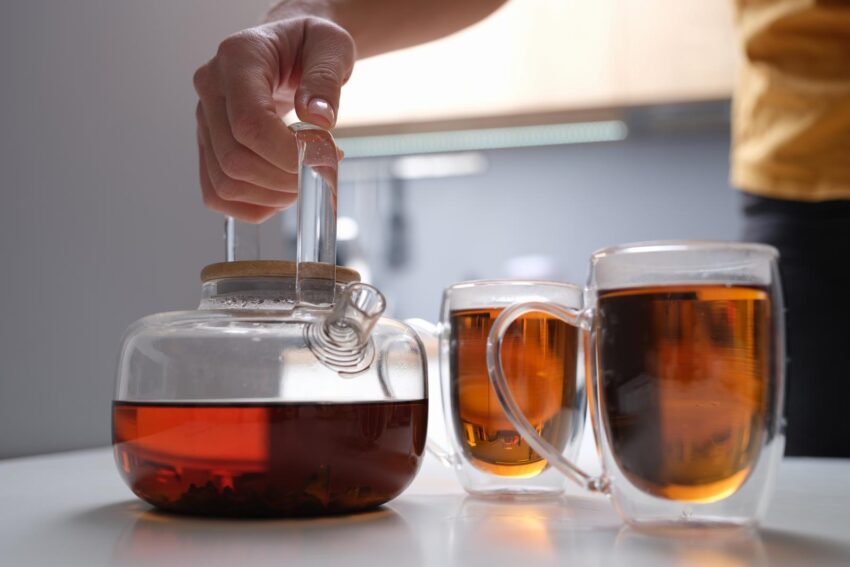
Importance of Proper Tea Brewing Techniques
When it comes to brewing the perfect cup of tea, paying attention to proper techniques and ratios is crucial. Using the right water temperature, steeping time, and tea-to-water ratio are all equally essential in ensuring a balanced and enjoyable flavor.
Moreover, the quality of the tea leaves and the cleanliness of the equipment play a vital role in determining the taste of your brew. Neglecting these factors can lead to bitterness or a weak brew that fails to satisfy your taste buds.
To help you achieve your ideal cup of tea, it’s essential to understand the different brewing methods and types of tea. Each variety has its unique characteristics, requiring different water temperatures and brewing times for optimal flavor extraction. Further experimentation with teas from around the world can be an exciting way to discover new flavors and brewing techniques.
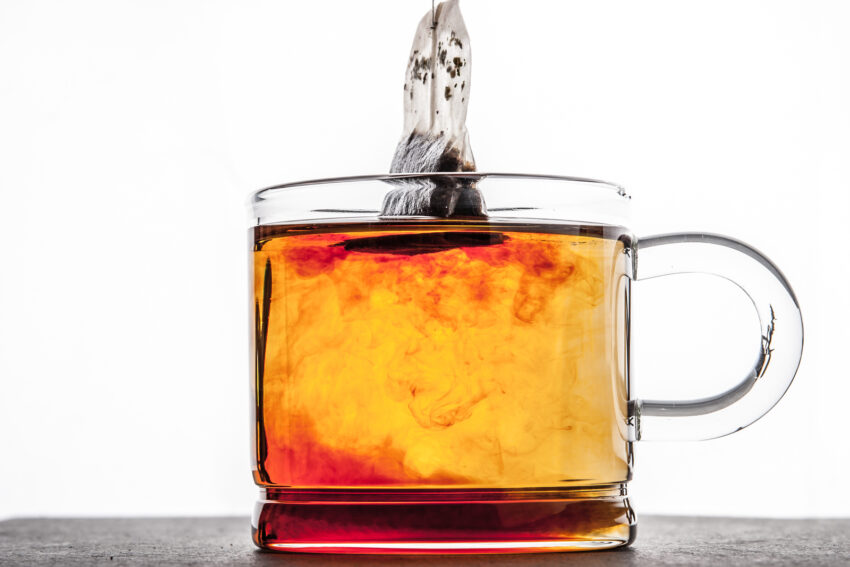
Other Common Tea Taste Issues
When it comes to tea tasting bitter, there are a variety of potential causes beyond over-brewing or water temperature. One common issue is poor-quality tea leaves, which may have been over-processed or simply old. Using hard tap water can also negatively affect the taste of your tea, as can steeping for too long.
It’s important to pay attention to these factors and experiment with adjustments, such as trying different water sources or reducing steeping time, to find your perfect brew. Additionally, understanding the various taste descriptors for bitterness, sourness, astringency, and sweetness can help you more precisely identify the root cause of any off flavors in your tea.
Sourness, Astringency, and Sweetness
Tea is a complex drink with various taste descriptors that are influenced by factors such as water temperature, steeping time, and tea-to-water ratio. Among the most common taste issues in tea are sourness, astringency, and sweetness. Sourness is often caused by over-steeping or using water that is too hot.
Astringency refers to the dry and puckering sensation in the mouth that can occur when tea is steeped for too long or when too many tea leaves are used. On the other hand, sweetness in tea can be affected by the quality of the tea leaves and the amount of sugar added.
To achieve a balanced brew with optimal flavor, it’s important to adjust the steeping time, water temperature, and the number of tea leaves used based on personal preference. Adding honey or sugar can also help balance out sourness or bitterness for a more enjoyable experience.
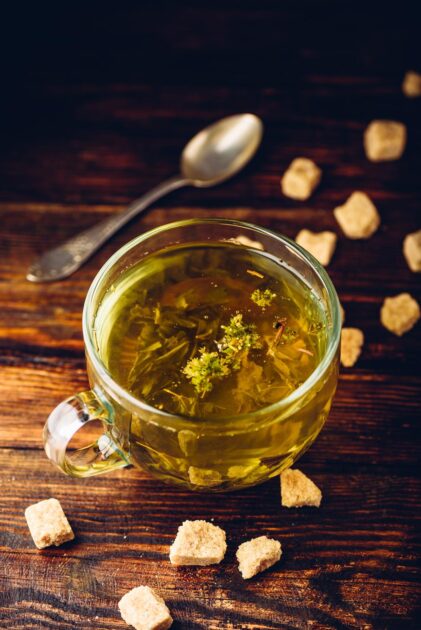
Our choice
Oolong tea is a type of partially fermented tea that falls between black tea and green tea in terms of oxidation level. This unique processing method gives oolong tea its distinct flavor profile, which can range from floral and fruity to nutty and roasted. The taste of oolong tea is also influenced by other factors such as the growing region, season of harvest, and brewing technique.
For example, oolong teas grown in high-altitude regions tend to have a more floral taste, while those grown in low-altitude regions may have a nuttier tea, but each type of oolong tea will have its nuances. When brewing oolong tea, it’s important to use water that is just below boiling point and to steep the leaves for a shorter amount of time than black tea. This will ensure that the delicate flavors of the tea are not overpowered by bitterness or astringency.
Oolong tea can be enjoyed on its own or paired with light snacks such as fruit or nuts to enhance its unique taste profile. With its diverse range of flavors, oolong tea is a great choice for those looking to explore different types of teas and expand their palate. So, next time you want to try something new, give oolong tea a chance and experience the complex and flavorful taste that it has to offer.
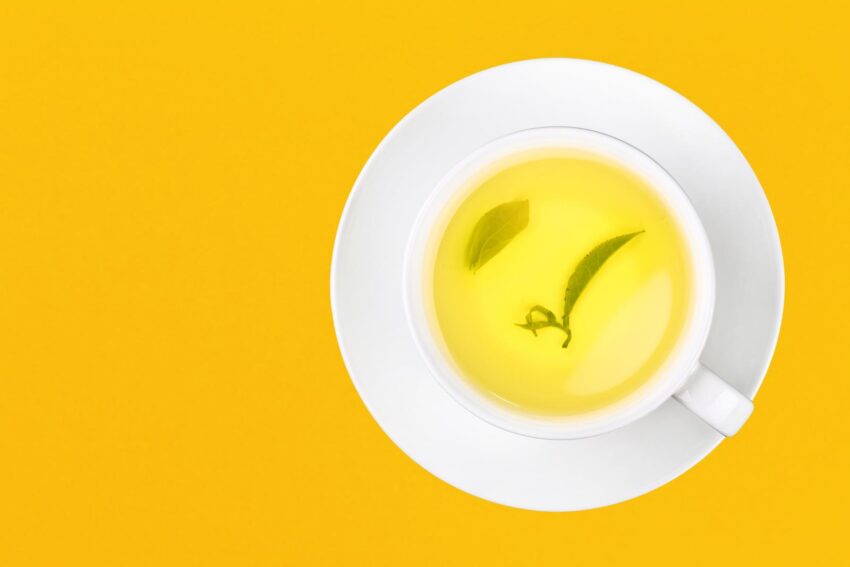
Conclusion
In conclusion, bitterness in tea can be attributed to the chemical compounds present and factors such as over-brewing or using too many tea leaves. Identifying the taste and aroma descriptors for bitterness can help you understand why your brew tastes off.
By adjusting infusion time and temperature, water quality and type, and re-brewing techniques, you can fix bitter tea. Proper brewing techniques play a crucial role in ensuring that your tea tastes great. If you want to explore more about tea brewing techniques or common tea taste issues, check out our further reading recommendations.
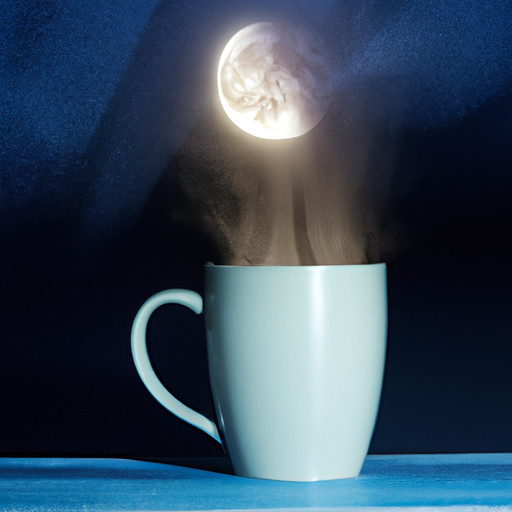
Pingback: AMAZING: THE BEST TYPES OF HOT TEA AT STARBUCKS -
Pingback: Green Tea Is Turning Brown? You Need to Know this now!
Pingback: THE BEST TIME TO DRINK OOLONG TEA - itseverythingtea.com
Pingback: REVOLUTIONARY HACK: FREEZING YOUR TEA BAGS FOR MAX FLAVOR
Pingback: KRATOM TEA VS. POWDER! DISCOVER The Truth About POTENCY -
Pingback: Healthy Bay Leaf Tea: The Ultimate Guide to It’s Benefits -
Pingback: Loose Leaf Green Tea! We Choose The Best Right Now -
Pingback: How To Make Fig Leaf Tea? It’s Easier Than You Think! -